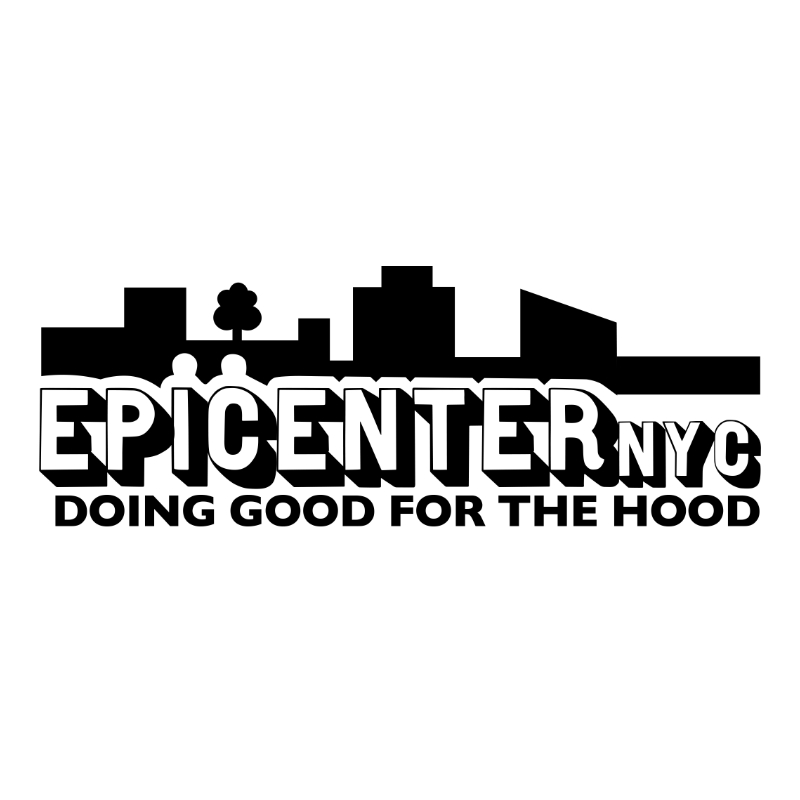
A new poll from the non-profit No Kid Hungry New York shows that over half of New Yorkers have taken on additional debt in the past year due to skyrocketing food prices. Additionally, 63% report that their mental health has also been affected. The poll also found that New Yorkers oppose federal cuts in food assistance programs and highlight the significant impact of food costs on physical and mental well-being.
New York City’s numbers
Specifically in New York City, the study found that:

One Bronx mother explained how she often has to rely on credit cards to buy groceries for herself and her son: “Being on a budget, the rise in food costs strains my pockets. There are times where I have to use my credit card just to make sure there’s enough food in the house for me and my son until my next paycheck.”
Beyond political divides
As Congress debates potential reductions in food assistance programs such as SNAP, WIC, and Summer EBT, the poll finds that opposition is strong across the state. Support for food security initiatives extends beyond political divides. The study also found that majorities back policies such as universal free school meals (84%), increasing food assistance benefits in line with inflation (82 %), and prioritizing hunger as a bipartisan issue (91%).
Additional findings
When asked what they would do if they had additional funds for food, nearly half (46%) said they would buy more protein-rich foods like meat, fish, and eggs, while 44% would prioritize fresh fruits and vegetables. This suggests that higher food assistance benefits could help families make healthier dietary choices.
Also, a majority (60%) of New Yorkers believe that programs like SNAP, WIC, and Summer EBT have a positive impact on local economies since they usually spend these benefits at neighborhood businesses. When asked what they would do with an extra $80 for groceries, 74% of respondents said they would shop locally.
Disproportionate impact on Hispanic families
Hispanic families seem to be affected more severely- with 73% reporting taking on additional debt in the past year to afford food— higher than the state average of 53%. And 68% of Hispanic families said their physical health has suffered due to rising food costs- compared to 52% of all New Yorkers.
Rachel Sabella, Director of No Kid Hungry New York, emphasized the urgency of addressing food insecurity: “The rising cost of groceries isn’t just straining household budgets—it’s pushing families deeper into debt. This should be a wake-up call to policymakers in Albany and Washington: New York families need help. New Yorkers, regardless of region or political party, all agree on the solution: we need bipartisan support for common-sense programs like SNAP, universal school meals, and Summer EBT that help families put food on the table and give kids the healthy food they need to grow and thrive.” Learn more about the New York state numbers here.
Read more of our education and parenting stories here.
The post How food prices are destabilizing New Yorkers’ pockets and mental health appeared first on Epicenter NYC.

